Severance is Ben Stiller's Masterpiece
When The Metamorphosis merges with Meet The Parents
"The surest way to tame a prisoner is to let him believe he's free.!" Kier Eagan
Franz Kafka became a legend creating surrealist worlds filled with human life size insects and inscrutable bureaucracies. For a century, his works such as The Metamorphosis, The Trial and The Castle, inspired generations and made us contemplate the absurd nature of corporate life.
With attention spans shrinking faster than my Subscriber count; many millennials and Gen Z’s can’t be bothered to attempt reading hundred year old books. Instead, the geniuses at Apple realized, they can lure in these generations with Adam Scott and corporate office dance montages included in their Apple TV membership. This is because, not much has changed in the last hundreds years when it comes to how corporations view their workers.
The emergence of new technologies broadens the reach of these same entities, allowing them to interact with workers in new ways. Unfortunately, in 2025, we don’t have Franz Kafka but we have the genius behind classics such as Heavyweights, Zoolander and Tropic Thunder. Ben Stiller has shown to be a master at capturing the human condition, fortunately for us, he decided to investigate the role corporations can play in our life coupled with the emergency of new technologies.
It took 30+ years, but Severance represents the culmination of Ben Stiller’s artistic progression, making him the perfect person to create one of the most fascinating series of the 2020s. This article will explore why everyone is fascinated and loves Severance, his masterpiece.
But first, make sure to hit the Subscribe button below to join the nearly 1,000 Subscribers that get articles like these, delivered directly to their inbox.
If this week’s article does not interest you, please check out some other recent ones:
Is Ben Stiller this generations Kafka?
“Youth is wasted on the young. I’d go further: life is wasted on... people.” Roger Greenberg (Ben Stiller), Greenberg (2010)
An advantages of being born in the nineties, was a front row seat to the golden age of comedy films1. During the 2000’s, multiple classics were released each year from the likes of Judd Apatow, Will Ferrell, Adam McKay and of course, Ben Stiller.
Stiller was born into comedy. His father, Jerry Stiller (Frank Costanza on Seinfeld), and mother, Anne Meara, were a major comedy duo in the ’60s and ’70s. As a kid, Ben was always making characters and shooting short films, often in a mockumentary style. His early talent stood out, even landing him a spot on Saturday Night Live. He left after four episodes since SNL wouldn’t let him make the short films he actually cared about.
He did fine anyway. He got his own sketch show, scored roles in big films, and began directing studio features. Through the ’90s, his box office success was uneven, but a clear creative voice emerged. In Heavyweights and The Cable Guy, Stiller explored taboo topics with a kind of dark satire that didn’t land with mainstream audiences at the time, but would later earn cult status.
His breakout came with a streak of hits: There’s Something About Mary (1998), Meet The Parents (2000), and Zoolander (2001). These films proved he could balance wide appeal with genuinely funny, off-kilter humor. After these successes, as well as the growing profiles of frequent collaborators Owen Wilson, Will Ferrell, Judd Apatow and others, Stiller was given increasingly more freedom from film studios to make the movies he wanted.
He used it by making the movie nobody else would attempt. A brazen, critique of Hollywood, the film industry and everyone in it. I am of course talking about the comedy masterpiece Tropic Thunder (2008). The film is a satire that skewers Hollywood’s obsession with prestige, method acting, and box office glory. It mocks self-important war films, actors chasing Oscars by playing disabilities or other races, and studio execs who care more about profits than art. Each character parodies a real industry archetype: washed-up action stars to drugged-out comedians. It shows how far Hollywood will go to sell "authenticity." Kirk Lazarus (Robert Downey Jr.) summarizes it best:
“I’m a dude playing a dude disguised as another dude!”
In spite of the critical meta-comedy (or perhaps because of it), Tropic Thunder was smashing success at the box office and the film was well received critically. Yet some people failed to understand Stiller’s satire and took offense to some of the depictions in the film. As the culture shifted towards a higher emphasis on politically correct humor, making films such as Tropic Thunder were no longer feasible.
Stiller seemed to play it safe after that, reverting to sequels of his previous films, re-makes or drama comedies with more emphasis on the drama. This is why Tropic Thunder was probably the last honest thing Stiller made… until Severance.
Severance
If Tropic Thunder was Stiller’s bombastic takedown of Hollywood excess, Severance is his cold, clinical dissection of corporate life. It’s slower, dark and pretty strange but the satire cuts just as deep. Severance tells the story of workers who agree to surgically divide their consciousness into two parts, one that only exists at work (the innie) and another that only exists outside of it (the outtie). Both are unaware of what happens while the other consciousness is “awake”. It’s a sci-fi metaphor turned brutally literal: the most extreme version of “leave your personal life at the door.”
The concept is surreal, funny in a bleak way, and deeply sad. It feels Kafkaesque not just in tone, but in how it reflects our real lives back at us through a distorted, corporate lens. A person becomes two people. Neither is free. Both are trapped.
Severance is unfortunately perfectly suited for the time. Trust in big tech has plummeted, public sentiment toward corporate power is at a generational low, and the promises of meaningful work have never felt more hollow. Younger generations, already spending more of their social time in work settings than any cohort before them, are growing wary of companies that refer to themselves as families but behave more like cults. I’m not sure what kind of families they grew up in, but most don’t fire children after a poor performing quarter or two. It’s no wonder a show about slicing your soul in half just to survive the workday feels more like documentary than fiction.
Stiller’s previous work gave him the perfect source material to make Severance funny while also feeling too real. In The Cable Guy, we met a man addicted to television and desperate for connection. In Greenberg, a man disconnected from the world and paralyzed by meaninglessness. In Tropic Thunder, actors trapped inside roles they no longer understood. Severance is the natural extension of this through-line: people playing roles so deeply they forget who they are.
Stiller learnt his lesson from Tropic Thunder; if he was right, funny and obvious, people would feel alienated. If he wants to point out hypocrisy without upsetting his audience, he had to return to the darker, more subtle approach. Stiller easily could have made a film like The Office Space (1999), that shows the absurdity of bad management and the gradual descent towards apathy. Instead, Stiller replaced this apathy with pessimism. This is why now, Severance strikes such a nerve, with generations burned out by corporate life and craving a different relationship with work. Everyone is so miserable in their home and work lives, the idea of disconnecting from either or both is not such an implausible prospect in 2025.
Conclusion
If Kafka were alive in 2005, and hired to create The Office instead of Greg Daniels, we likely would have ended up with something closer to Severance2. Since he wasn’t, we had to wait a bit longer for Ben Stiller to get a few bad cash grabs out of his system, to instead go back to what he had caught onto to, nearly 20 years earlier in The Cable Guy. Another story about somebody obsessed with their job, disconnected from reality and grasping for connection.
So while it may have taken decades, Severance feels like the project Stiller was always building toward. It’s funny in a way that’s not funny at all, just like modern life. As one of Stiller’s earlier characters White Goodman once said, “I'm not okay, you're not okay, but that's okay!”.
If you liked this and are a fan of The White Lotus, check out last week’s article, Why does everyone love The White Lotus?
Please like and Subscribe to get more articles like this related to business, culture, sports, finance and more.
All due respect to Monty Python, Mel Brooks and Woody Allen to the satirical era of the 70’s and 80’s.
Adam Scott auditioned and was in contention for a role on The Office

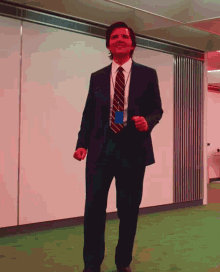

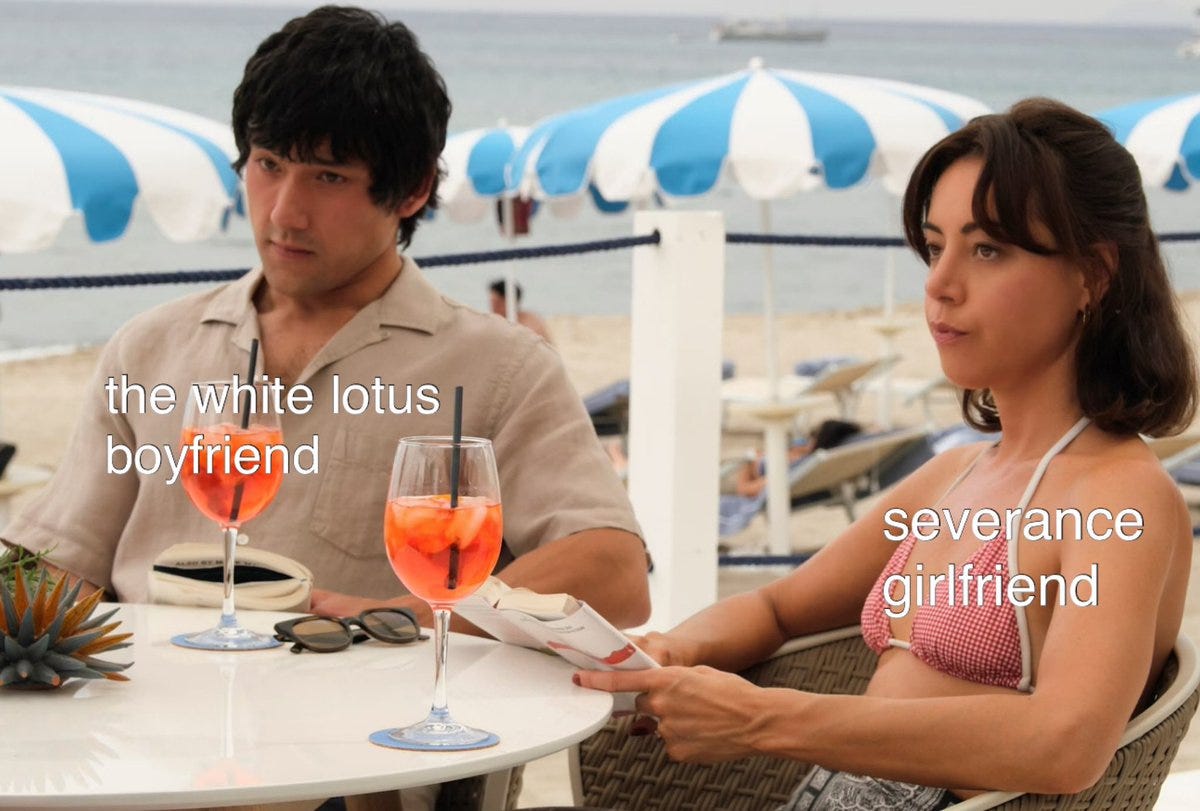
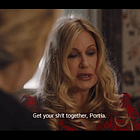


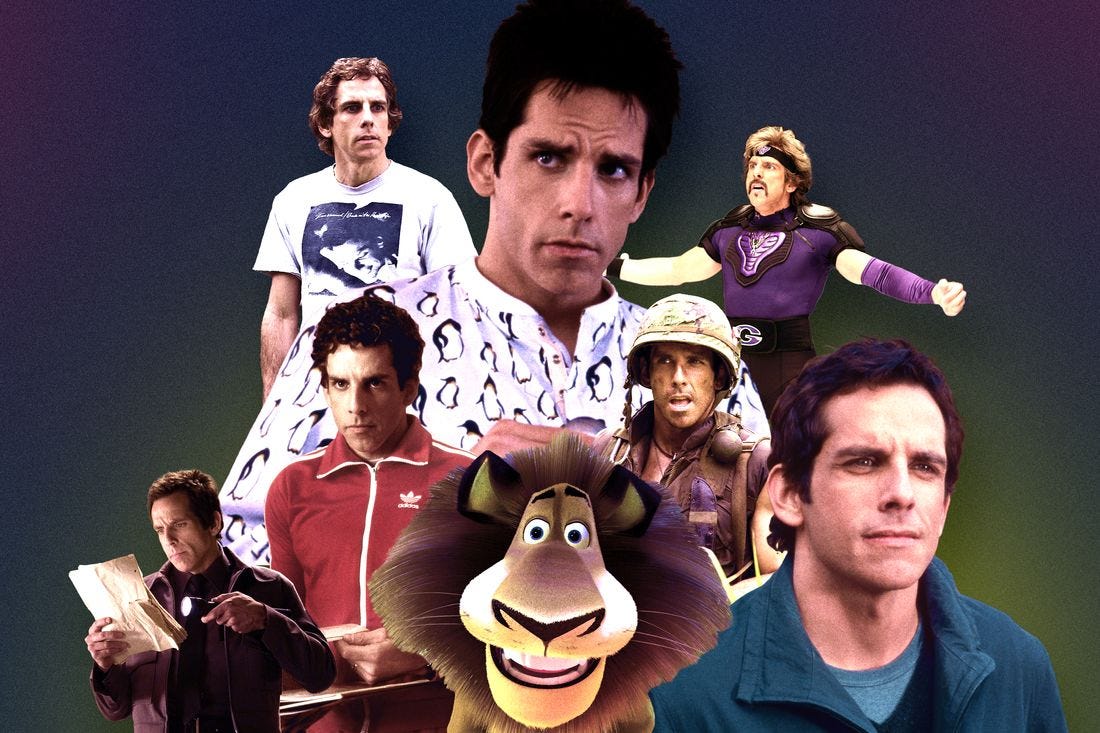
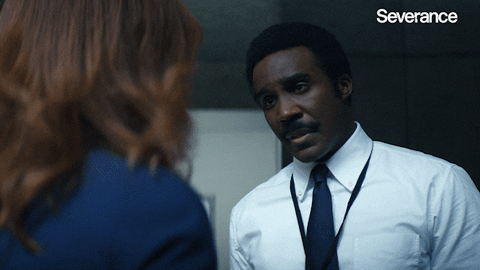
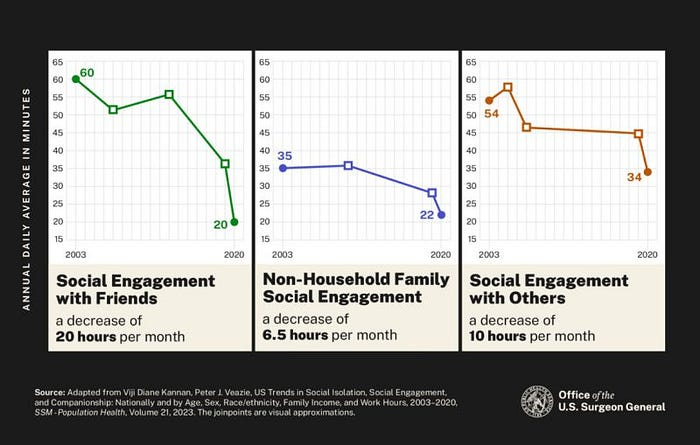
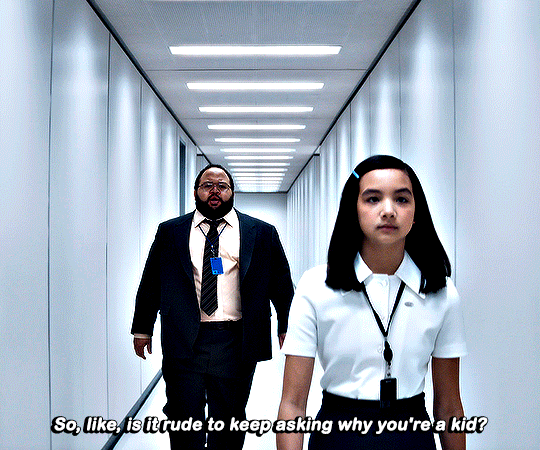
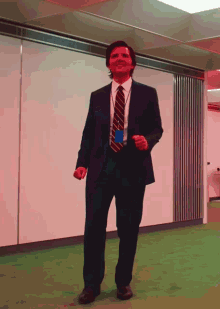
Abrams Mystery Box lives on
Is it that good?